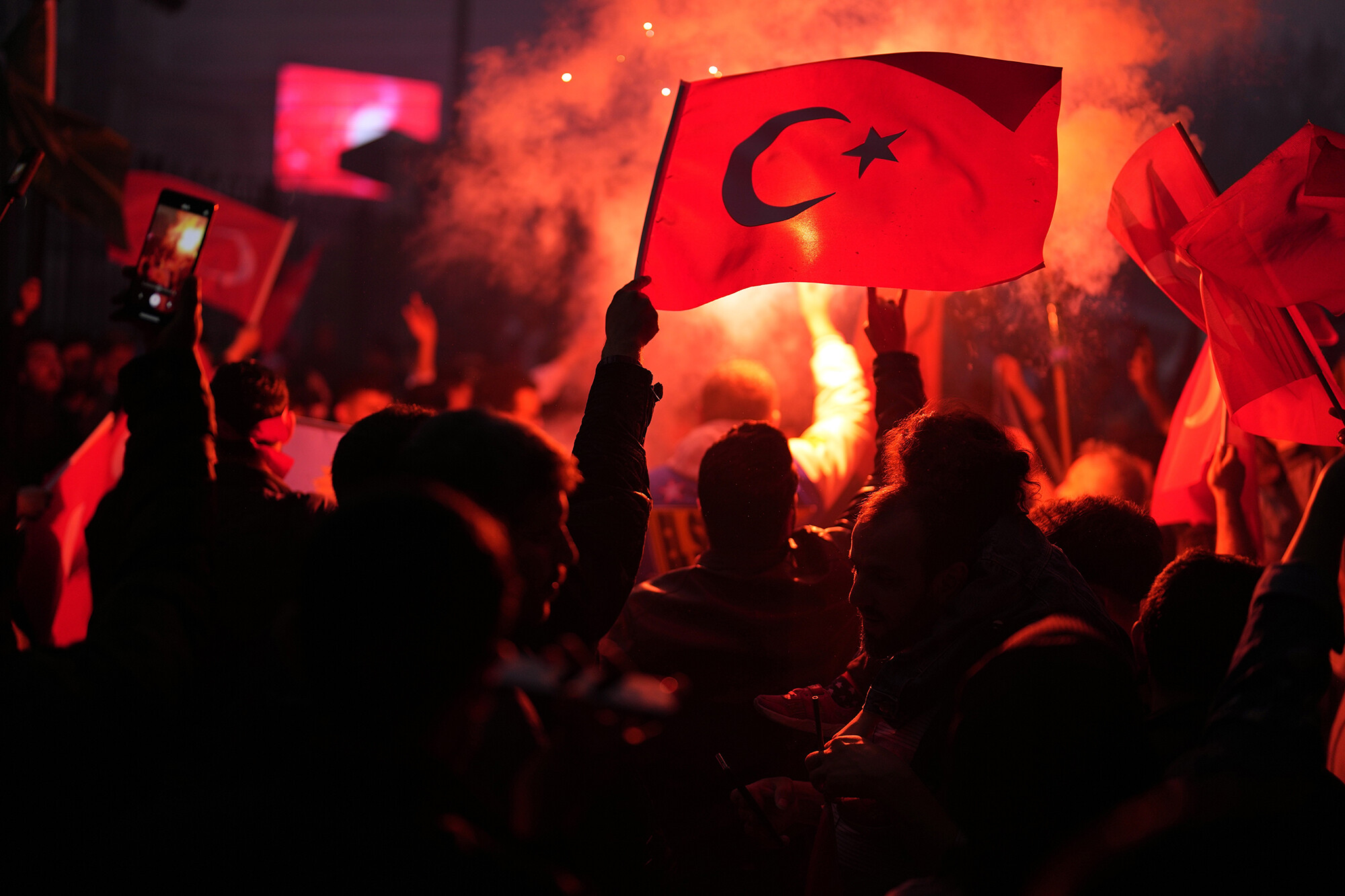
nocred

Turkish President Recep Tayyip Erdogan won reelection in a runoff last week, after coming just short of a victory against challenger Kemal Kilicdaroglu on May 14. Following devastating earthquakes earlier this year and staggering inflation, some thought Turkey was poised for change. Instead, Erdogan—Turkey’s longest serving leader—will extend his authoritarian rule for five more years.
Penn Today asked Harun Küçük, faculty director of the Middle East Center and associate professor in the Department of History and Sociology of Science, to share some takeaways from the runoffs and what five more years of Erdogan means for Turkey, the United States, and the world at large.
I think it will have complicated international relations consequences. Some have already commented that Erdogan’s victory was also Putin’s victory. Erdogan also propped up his failing economic model with help from the Gulf countries. We do not yet know what he offered in return. And, this is in addition to economic help he was already getting from Putin in the form of deferred energy payments. So, Turkey now owes favors and undisclosed sums of money to these countries.
Some comment that Turkey is walking away from the West, but Turkey’s function for the West since the Syrian civil war has been to keep refugees out of Europe. European leaders are very happy to see Erdogan win. I don’t think Biden has had as strong an attitude about Erdogan as everyone thought he would. I think the U.S. will continue to cooperate with Turkey. So, nothing new there.
As for the more conceptual ramifications of an Erdogan win, I’d say that we are now faced with a systematic failure of standard political science language. Conservatism, nationalism, and Islamism explain nothing. There is a proliferation of leaders similar to Erdogan who all use quite different formulas for victory. I believe we need to focus on how these leaders get capillary-level access to their societies. We need to move away from discursive elements and start focusing on political practice.
Kilicdaroglu commandeered a large number of votes from voters with different, even diametrically opposite, ideological stances. Perhaps the best parallel is the coalition that replaced Netanyahu a few years back. People united because they wanted Erdogan gone. I don’t think the alliance that produced those votes is stable. Unless there is a major overhaul of opposition parties, I don’t think we’ll see that kind of vote again.
Most expected that he’d take a more embracing attitude after his victory. But his victory speech targeted the LGBT community specifically. Selahattin Demirtas, the de facto leader of the Kurdish voters, was booed at the meeting, and Erdogan supporters said they wanted him executed. I’d expect a quick deterioration of freedoms and quality of life. The economic crisis will worsen, and he’ll make sure that non-Erdoganists bear the majority of the burden.
Both leaders took a largely anti-refugee stance. I don’t see anything good for the Syrian refugees in the future, many of whom have already been sucked into super-exploitative settings that take advantage of their legal situation. I don’t see a good life for them in Turkey. I don’t know if it’s yet viable for them to return, not to mention whether they want to return.
Erdogan has direct access to the entirety of government resources. His party has 10 million members; some of it means nothing, but some of those members stand for entire households. He received 28 million votes. I don’t know if there is anyone who voted for him that does not draw some direct benefit from his rule. I don’t even think he had to campaign very hard or at all to get to this number. So, it tells me that politics does not start and end with discourse and ideas. It’s about organization and practice. It’s about how you connect at home and on the street. It’s about the solid benefits and the personal hopes that you offer to your voters.
Kristen de Groot

nocred

nocred

Despite the commonality of water and ice, says Penn physicist Robert Carpick, their physical properties are remarkably unique.
(Image: mustafahacalaki via Getty Images)

Organizations like Penn’s Netter Center for Community Partnerships foster collaborations between Penn and public schools in the West Philadelphia community.
nocred